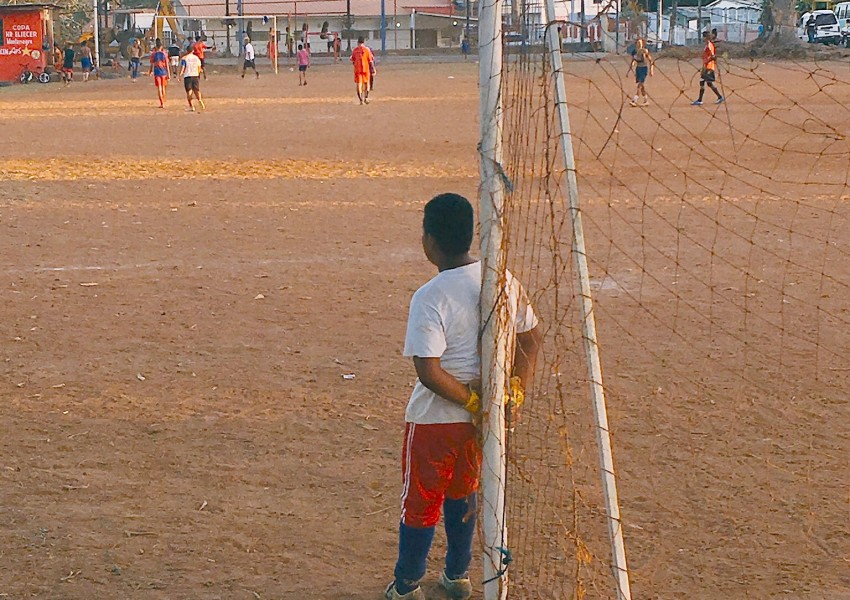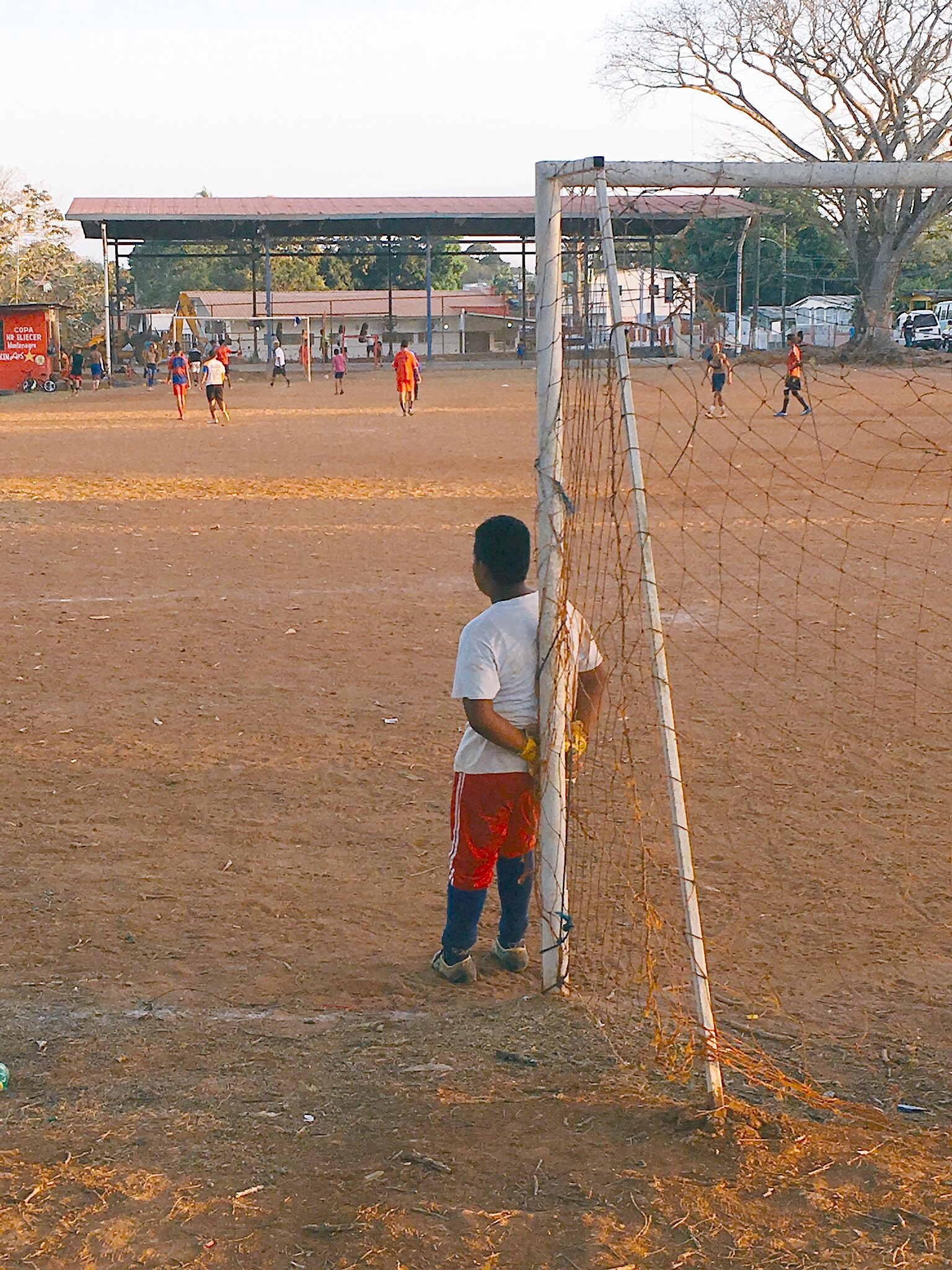Helping young athletes be aggressive in sports

Athletic aggressiveness is the intensity level in which athletes will performance during a game or training. This athletic aggressions has NOTHING to do with being VIOLENT.
If you want to help your young athlete be brave, you MUST first understand this statement:
Being brave or an act heroism doesn’t mean that you are NOT AFRAID, it means that you will take ACTION DESPITE OF YOUR FEAR.
Being aggressive in sports is an internal battle between RISKS vs REWARDS?
Being aggressive in sports is a thought process between the RISK vs REWARD that an athlete/goalkeeper must take in a matter of seconds. For example, breakaways, tackles, high dives (goalkeepers), or even coming out to attack or not. The wrong decisions or approach can cause PAIN or UNCOMFORTNESS. As results, most humans will take the easy way out to NOT do it or simply go into it “half-way”.
Humans spend most of their entire lives AVOIDING risks, problems, pain & losses
This human behavior has a lot to do with your genetics and the environment you grew up or currently living in. For example, an over protected infant or child will have a hard time making decision under pressure & others will cry, complain or quit when things are not going their way. Some kids are born with a daredevils attitude (DNA) and others are simply the opposite.
However, People will always be afraid of NEW CHALLENGES because it brings fear and negative thoughts about FAILURE, PAIN OR LOSS. These negative thoughts are “negotiations” in your head between RISKS vs REWARD of certain situation. In other words, the athlete would choose between making a big TACKLE to win the game or not tackle to avoid pain from the hit.
Helping these athletes get over their fear.
I will be the first coach to tell you that I DO NOT KNOW HOW TO TEACH BRAVERY. Being brave is a personal decision the athlete/goalkeeper will have to make sooner or later if they want to be taken seriously. However, as a coach, I will provide a training environment where they will have to encounter their fears, work out of their comfort zone and make decisions constantly under stress.
Everything young athletes know about values, love, hate and even fear is learned in their everyday environment such as home or even neighborhood. For example, if you are parent who overreact, exaggerates or PANIC when something happens, children will learn this type of behaviour almost instantly.
Here are few tips to help athletes:
If a child is afraid of something, parents tend to take care of them and keep them away from their fears, but what this is doing is telling the child that you are not strong enough to handle things, so you can’t expect young athletes be aggressive in sports or be fearless when they’ve never been allowed to struggle and resolve small issues on their own.
Find out exactly what they are afraid about.
Some athletes will be able to tell you and others will only say “I don’t know”. Just saying “I don’t know” is the easy way out, so encourage them to express themselves and get specifics to be able to understand exactly what their fear is.
Stop rescuing them all the time.
Kids always look up to parents to see how they handle things, so encourage them to solve their issues and let them struggle without your help (use common sense).
Let them GROW.
Some people want their children to grow too fast; they want them to finish school early, be number one at everything, never fail at anything…etc. They simply need to grow and mature.
At one point or another everyone of us will need a little encouragement. But young athletes will need extra encouragement to face their fears.
If you have NEVER BEEN A GOALKEEPER or never competed in any sport, it will be difficult to understand the fear of getting hit by a ball, or a hard tackle etc. But you, as parent or coach, can still provide them with adequate moral support just about any time. But understand that this may not be a quick fix, it may take weeks, months or even years to see changes but sooner or later it will happen. So be supportive.
